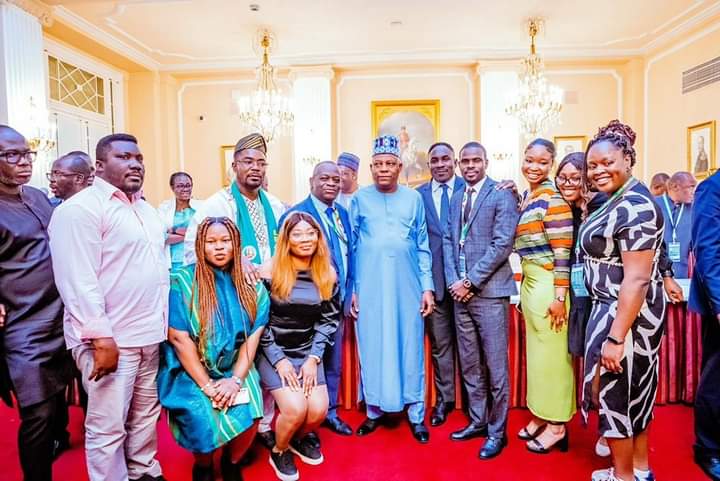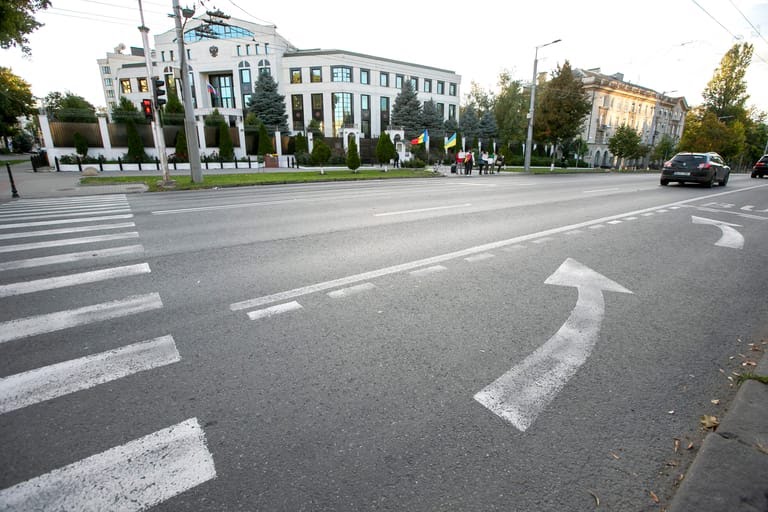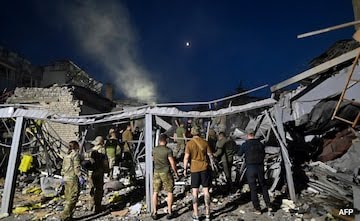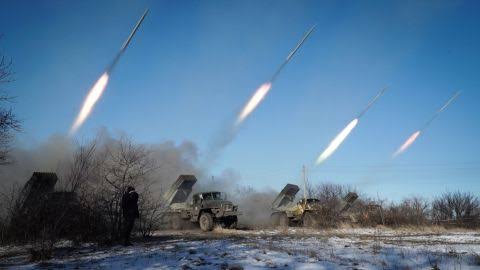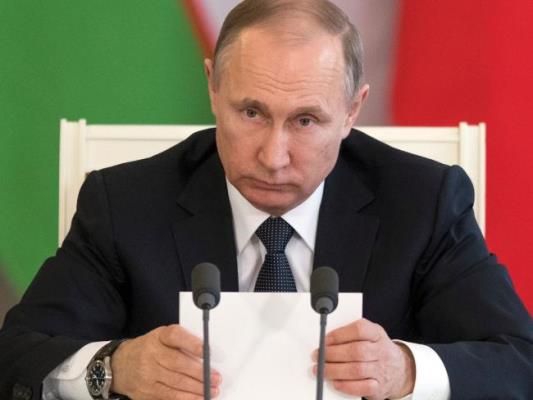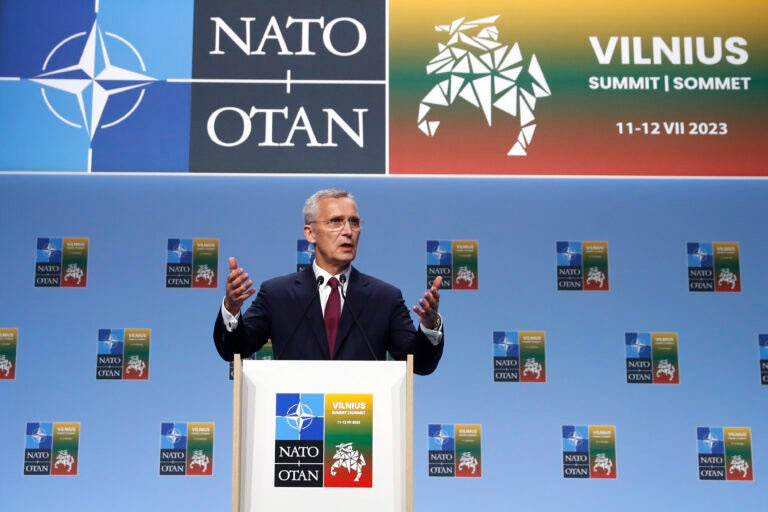Russian President, Vladimir Putin, has said that Russia-Africa trade reached 18 billion dollars in 2022, which was necessitated by the first Russia–Africa Summit held in Sochi, Russia in 2019.
Putin said this on Thursday at the ongoing Russian-African summit and Economic and Humanitarian Forum in St. Petersburg, Russia.
He said that Russia’s government, business and the public were sincerely interested in further deepening multifaceted trade, investment and humanitarian ties with Africa.
The Russian president said this would meet the needs of all countries and promote stable growth and prosperity.
“I have no doubt that by working together, we will be able to increase our trade substantially in the near future.
“Incidentally, in the first six months of 2023 alone, our export-import transactions with African countries increased by over one-third.
“The structure of our trade looks good as well: machinery, equipment, chemicals and food account for over 50 per cent of Russia’s exports to Africa.
“We are aware of the importance of uninterrupted supply of food products to African countries. This is vital for their socio-economic development and for maintaining political stability.
“This is why we will continue to give special attention to supplying wheat, barley, corn and other grain crops to our African friends, as part of humanitarian aid provided under the UN World Food Programme,” he said.
Putin said Russia’s trade with African countries in agricultural products increased by 10 per cent amounting to 6.7 billion dollars, and had already demonstrated record growth between January and June 2023 by 60 per cent.
He said Russia exported 11.5 million tonnes of grain to Africa in 2022 and almost 10 million tonnes in the first six months of 2023.
He explained that these had been taking place in spite of the “illegal sanctions” imposed on its exports, which constituted a serious impediment for exporting Russian food, complicating transport, logistics, insurance and bank transactions.
“We are witnessing a paradox. On one hand, the West seeks to block our grain and fertiliser exports while accusing us of the current crisis on the global food market.
“This is outright hypocrisy. We saw this approach in all clarity with the so-called grain deal brokered with the participation of the UN Secretariat.
“It was initially designed to promote global food security, mitigate the threat of hunger and help the poorest countries, including in Africa,” he said.
However, he said that in almost a year since the so-called deal was concluded, a total of 32.8 million tonnes had been exported from Ukraine.
The Russian president said over 70 per cent ended up in high-income and above-average income countries, including the European Union.
“I would like to draw your attention to the fact that countries like Ethiopia, Sudan, Somalia and several others received less than three per cent of this total, or under one million tonnes.”
He further said that among other things, the reason Russia agreed to take part in the “so-called” deal was because it contained commitments to lift the illegitimate obstacles for supplying grain and fertilisers to the global market.
Putin, however, noted that none of all what was agreed upon or promised, materialised.
“None of the conditions relating to lifting the sanctions against the exports of Russian grain and fertilisers to the global markets had been fulfilled.”
He said the country faced obstacles when trying to deliver mineral and fertilisers to the poorest countries that needed them for free, as its government discussed during the meeting with the leadership of the African Union.
“We managed to send only two shipments – just 20,000 tonnes to Malawi and 34,000 tonnes to Kenya, with 262,000 tonnes of these fertilisers blocked in European ports.
“All the rest remained in the hands of the Europeans, even though this initiative was purely humanitarian in nature, which means that it should not have been exposed to any sanctions, as a matter of principle.
“Ok, some may not want Russia to enrich itself, as they say, and use its revenue for military aims; fine.
“But these were free shipments! But no, they would not let them through, in spite of all this empty talk about their desire to help the poorest countries,” he said.
He assured that Russia could fill in the gap left by the withdrawal of the Ukrainian grain from the global market, either by selling its grain or by transferring it for free to the neediest countries in Africa.
Putin also announced that in the next four months, his government would supply at no cost 25,000–50,000 tonnes of grain each to Burkina Faso, Zimbabwe, Mali, Somalia, the Central African Republic as well as Eritrea.
“Ukraine produced about 55 million tonnes of grain in the past agricultural year, as exports amounted to 47 million tonnes, including 17 million tonnes of wheat.
“While Russia harvested 156 million tonnes of grain last year, it exported 60 million tonnes of which 48 million tonnes was wheat.
“Russia’s share of the world wheat market is 20 percent, while that of Ukraine is less than five per cent. This means that Russia is a significant contributor to global food security and a solid, responsible international supplier of agricultural products.
“On this note, those who claimed that this was not the case, that it was only to secure the so-called grain deal to export Ukrainian grain, were simply twisting the facts and telling untruths.
“We are seeking to actively participate in the formation of a more equitable system for the distribution of resources and we are doing our best to prevent a global food crisis,” Putin assured.
He further assured that Russia would continue to support states and regions in need, as well as those that need humanitarian supplies.
